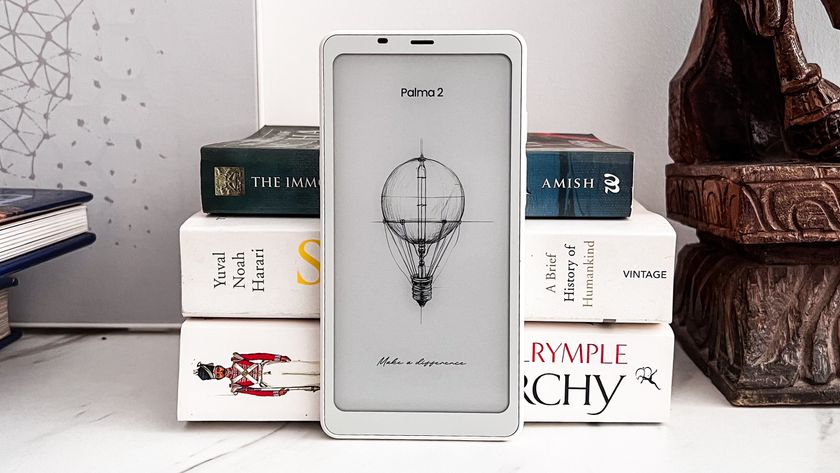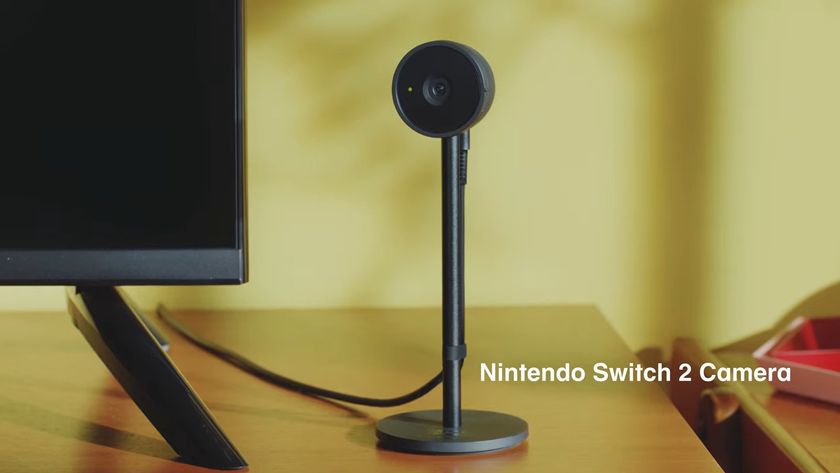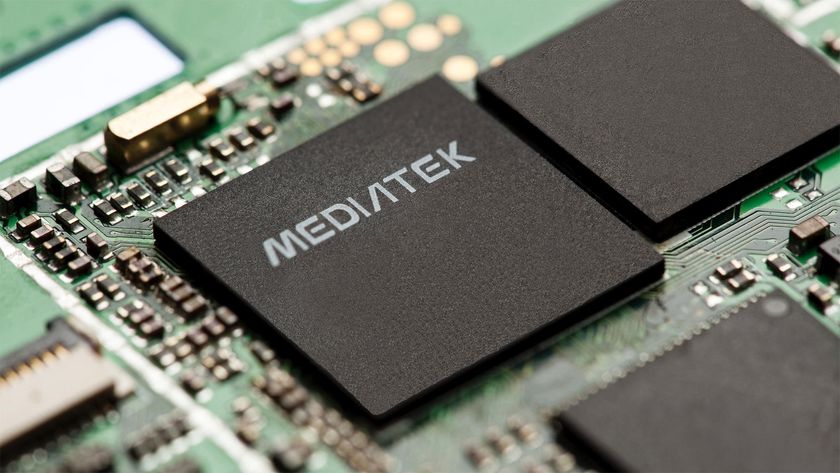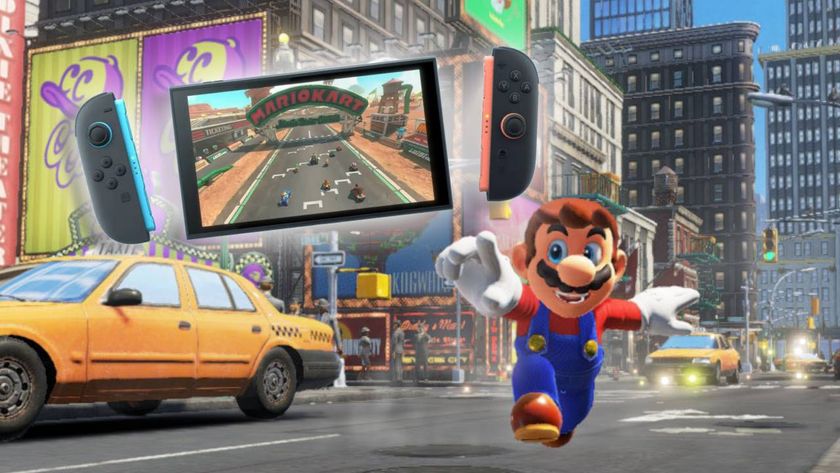Laptops never quite have the processing power of their desktop cousins, so the relatively lightweight Windows XP seems an obvious pick for your mobile computing needs. It should deliver reasonable performance, even on old or budget systems.
What you won't get by running XP on your laptop is any kind of sophisticated power management, which in theory should have an adverse impact on your battery life. As ever, though, it's not quite as simple as that. Yes, Windows Vista can tweak your wireless adaptor, PCI Express bus, USB suspend options and more to reduce overall power consumption, but a large number of users still report that their laptop's battery life is significantly increased under XP.
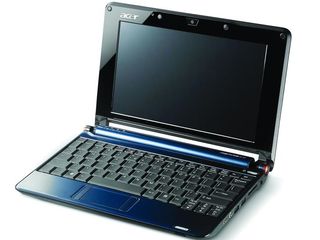
POWER UP: Windows XP's low requirements make it ideal for netbooks, but Windows 7 looks set take over
It seems that the increased CPU use from running Vista's extra features will often cancel out any benefit from its power management controls. That's been more than a little embarrassing for Microsoft, but at least the company has learned from the experience. Windows 7 takes a more in-depth approach.
The focus is now on idle time. The typical laptop will spend most of the time just idling while it's waiting for something to do, so reducing the power consumption at this stage can make a real difference to battery life. With this in mind, Windows 7 makes considerable efforts to reduce repeated background activities in Windows, drivers and applications.
In addition to this, Windows 7 services will often start only when they're required (Bluetooth won't be launched until a Bluetooth device is attached, for example). Best of all, a new core parking scheme turns off all but one CPU core when there's little to do, saving a significant amount of power when you're only performing simple tasks.
The end result, according to our informal tests, is that Windows 7 appears to deliver even longer battery life than XP. We can't say that definitively yet – there are too many factors involved and our test group is too limited – but it's looking promising, and we think it's likely that the disappointments of Vista will be forgotten soon after Windows 7's launch.
Get daily insight, inspiration and deals in your inbox
Sign up for breaking news, reviews, opinion, top tech deals, and more.
Once you've also taken into account its excellent performance, relatively low system requirements and the advantages of being able to use its simplified networking while you're out and about, Windows 7 has to be the standout winner of our Mobility category. Windows XP takes a respectable second place for being handily lightweight, which makes it more than suitable for extensive on-the-go use. Meanwhile, Windows Vista's performance issues and its selection of well-meaning but ineffective power saving features means that it comes trailing into a dismal third place once again.
Scores
XP: 3.5 / 5
Vista: 2.5 / 5
Windows 7: 4 / 5
Current page: Windows 7 vs Vista vs XP: Mobility
Prev Page Windows 7 vs Vista vs XP: Gaming Next Page Windows 7 vs Vista vs XP: Entertainment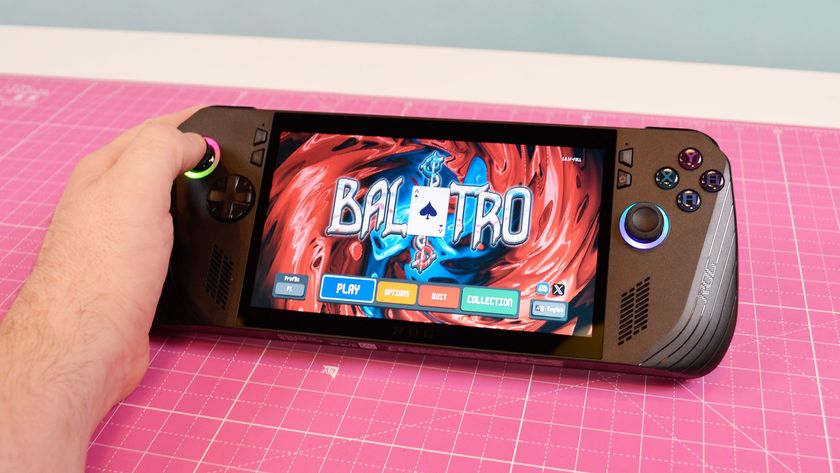
Forget the Nintendo Switch 2 – I’m more excited that Microsoft could be making Windows 11 gaming handhelds even better with a new ‘handheld mode’
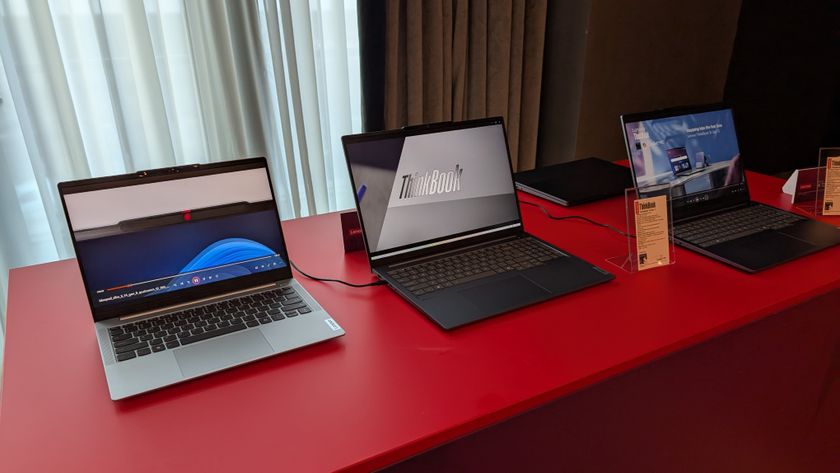
Copilot+ PCs with AMD or Intel CPUs are finally getting some key AI features in Windows 11 – although I’m starting to doubt Recall will ever happen
